 ]]>
]]>
zum original Deutschen Text springen
Martha’s Hat
or, how I came to Martha’s Hat
A report by Hannah Perner-Wilson
In January 2022, I received an email from the Women’s Officer of the University of Performing Arts Ernst Busch Berlin, describing an initial idea for the exhibition “Women with Names but Unknown”. Attached was a photo of Martha Koysela from 1918, with the invitation to produce a creative impulse for the exhibition.
I didn’t have to look at the photo for long to know that I wanted to find out more about Martha’s hat. I didn’t think I could really find her hat, but I thought I could try to find out as much as I could about it as a means to finding out more about Martha.
I don’t know anything about hats. A quick internet search for “ 920’s pot-shaped hat with fluffy stripes” yielded no results, so I didn’t try any further. Instead, I went to a few second-hand vintage clothing shops in Friedrichshain. On the one hand, I hoped I might find something similar that could offer me a clue via the hat’s brand/manufacturer. But I also had the photo of Martha with me to show the shop assistants, and ask them if they could tell me more about Martha’s hat. The only information I got, was that the hat was probably made of felt. This lead me to the traditional shop Kleemann Hüte in the Schönhauser Allee, which was founded in 1905 and has been run by the fashion designer Doreen Persche since 1998. Doreen was able to confirm from the photo that the basic hat was a pot shape, and probably made of brushed felt. The fluffy lines were heron feathers that were stitched down along their spine. As soon as she said this, I could recognise the fluff as a feather, but before that the thought had never occurred to me. Unfortunately Doreen could not tell me who might have made such a hat, how much it might have cost at the time. Nor who would have worn such a hat, and on which occasions…
After the visit to Kleemann Hüte I went to the University to select some props for a course from the theatre repository, when I noticed several old hat boxes on a shelf. Out of curiosity I opened one of them to see if there was anything inside. It was empty. The next box was also empty and the next one too, but maybe Martha’s hat would be in one of those boxes. My knees went weak. I would certainly have to sit down. If I were to find her hat, then I could then look at it up close, examine it. I put it on. I fits me!
I see that they are not heron feathers after all, but optic fibres! As someone who works with textiles and electronics, I am well aware that in Martha’s time, quirky glow-in-the-dark accessories were in fashion. Like this glow-in-the-dark hat.
The batteries have dried up, but I replace them and the fibres flicker. Who was Martha wat she would have worn such a hat for this photo, but did not turn it on? Maybe the batteries had run dry. Maybe she thought it was prettier without electricity. Maybe it was a message she wanted to send. That new achievements do not necessarily make life more beautiful. But maybe the hat was also just too bright for the photographic film back then. One new achievement drives another. On and on. I think Martha was a very elegant person with a critical sense of humour.
In February I caught Corona and was quarantined for 7 days. Stupidly, I had left Martha’s hat connected to the modern power bank. When I returned to university 7 days later, the battery was flat and the optic light fibres had grown! I can’t explain it, but I’m not even tempted to try, since I’ve long departed from reality.
original German text
Martha’s Hut
oder, wie ich zu Martha’s Hut kam
Ein Bericht von Hannah Perner-Wilson
Im Januar 2022 habe ich eine Email von der Frauenbeauftragen der HfS bekommen, mit einer ersten Idee für die Ausstellung “Frauen mit Namen aber Unbekannt”. Im Anhang war ein Photo von Martha Koysela aus 1918, mit der Einladung hierzu einen gestalterischen Impuls für die Ausstellung zu Verfassen.
Ich musste das Photo nicht lange anschauen um zu wissen, dass ich mehr über Martha’s Hut herausfinden wollte. Ich dachte nicht, dass ich ihren Hut wirklich finden könnte, aber ich dachte ich könnte versuchen so viel wie möglich darüber herauszufinden. Um auf Umwegen womöglich auch mehr über Martha zu erfahren.
Ich kenne mich mit Hüten gar nicht aus. Eine schnelle Internet Recherche nach “1920 Hut Topf-Form mit flauschigen Streifen” lieferte so gar keine Ergebnisse, dass ich es auch nicht weiter versucht habe. Stadt dessen hab ich mich auf den Weg gemacht in einige Secondhand Vintage Kleiderläden in Friedrichshain. Einerseits mit der Hoffnung ich könnte vielleicht irgendetwas ähnliches entdecken, und dann über Marke/Hersteller einen weiteren Anhaltspunkt finden. Aber auch hatte ich das Photo von Martha mit, um den VerkäuferInnen zu zeigen und sie zu befragen ob sie mir anhand dessen mehr über einen solchen Hut sagen könnten. Die einzige Information, die ich mehrfach bekam war, dass der Hut wahrscheinlich aus Filz sei. Zumindest führte mich diese Spur weiter zu dem Traditionsgeschäft Kleemann Hüte in der Schönhauser Allee, das 1905 gegründet wurde und seit 1998 von der Modistin Doreen Persche weitergeführt wird. Doreen konnte mir anhand des Photos bestätigen, dass der Basis Hut eine Topf-Form sei, und wahrscheinlich aus gebürstetem Filz gezogen. Die Flauschigen Linien wären aufgenähte Reiher-feder. Sobald sie das gesagt hat, konnte ich den Flausch auch als Feder erkennen, aber davor war mir der Gedanke nie gekommen. Aber leider konnte mir Doreen nicht sagen wer einen solchen Hut vielleicht hergestellt hätte, wie viel er zu der zeit vielleicht gekostet hätte. Wer einen solchen Hut, zu welchen Anlässen getragen hätte…
Nach dem Besuch bei Kleemann Hüte, war ich Nachmittags an der HfS um im Fundus Requisiten auszusuchen für einen Kurs, da fielen mir mehrere alte Hutboxen in einem Regal auf. Aus Neugierde machte ich eine davon auf um zu sehen ob was drinnen war. Sie war leer. Die nächste Box war auch leer und die nächste auch, aber vielleicht wäre Martha‘s Hut in einer dieser Boxen. Meine Knie wurden ganz weich. Ich müsste mich bestimmt hinsetzen. Ich könnte ihren Hut dann ganz aus der Nähe betrachten. Ich setze ihn auf. Er passt mir!
Ich sehe, dass es doch keine Reiher-feder sind, sondern Leuchtfaseren! Als jemand, die mit Textilien und Elektronik arbeitet, ist mir wohl bewusst, dass genau zu Martha‘s Zeit, skurrile leucht-Accessoires in Mode waren. Wie eben auch dieser leuchtender Hut.
Die Batterien sind schon ausgetrocknet, aber ich ersetze sie, und die Fasern flimmern. Wer war Martha, dass sie sich für dieses Photo einen Solchen Hut aufgesetzt hatte, aber diesen nicht eingeschaltet hatte? Vielleicht waren damals die Batterien schon alle. Vielleicht fand sie ihn schöner ohne Strom. Vielleicht war es eine Botschaft, die sie damit senden wollte. Das neue Errungenschaften das Leben nicht unbedingt schöner machen. Aber vielleicht war der Hut einfach auch zu hell für den Photofilm damals. Eine neue Errungenschaft, treibt die andere weiter. Immer weiter.Ich denke Martha war eine sehr elegante Person mit kritischem Humor.
Im Februar erwischt es mich mit Corona, und ich bin ganze 7 tage in Quarantäne. Blöderweise hatte ich Martha’s Hut eingeschaltet gelassen an die moderne Powerbank. Wie ich wieder auf die Uni kann, ist die Batterie leer, und die Leuchtfasern sind gewachsen! Ich kann es mir nicht erklären. Aber ich versuche es auch nicht, denn von der Wirklichkeit habe ich mich schon längst entfernt.



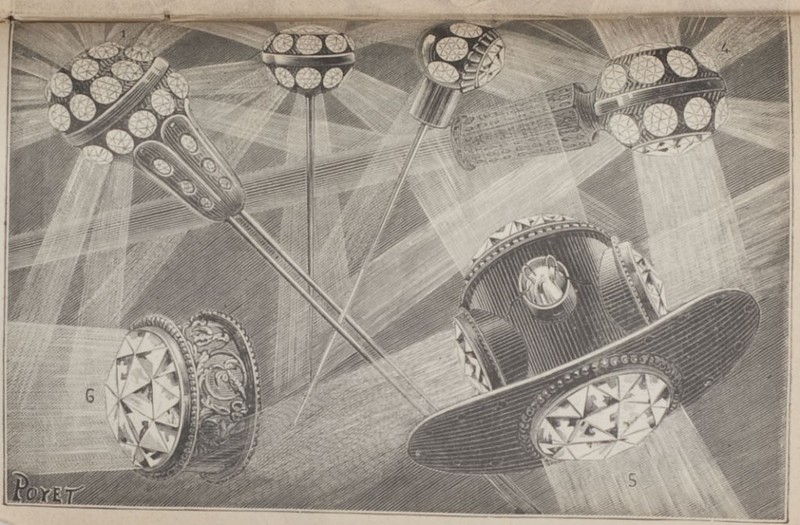

Making-of
Photos >> https://www.flickr.com/photos/plusea/albums/72177720297630698/with/51965530884/


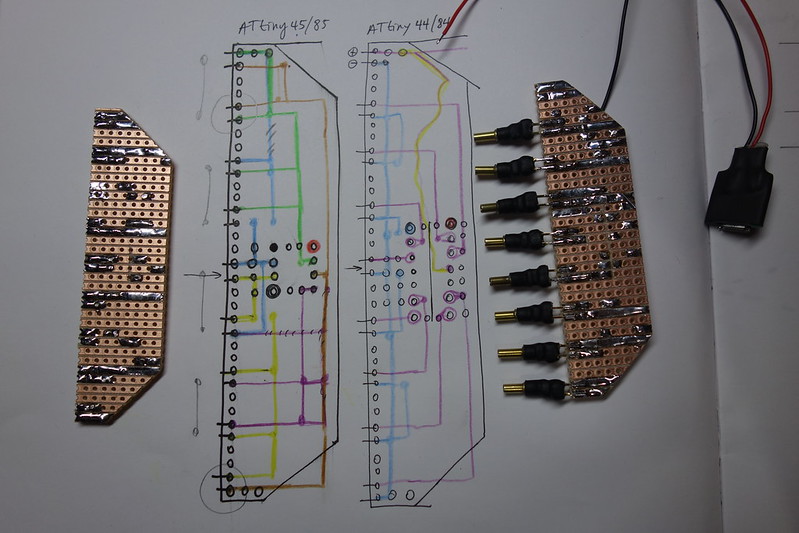
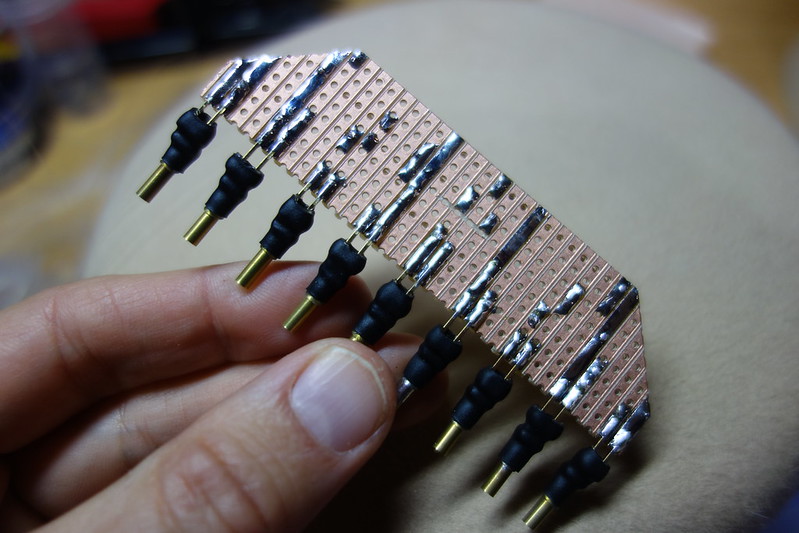


Many thanks to:
Vanessa for sending me Martha’s photo and inviting me to create something for the exhibition “Frauen Mit Namen aber Unbekannt”, to Doreen at Kleeman Hüte für replicating the base felt hat shape from the photo, to Maurin Donneaud for sending me bundles of sandblasted optic fibres from our Lulu project!
]]>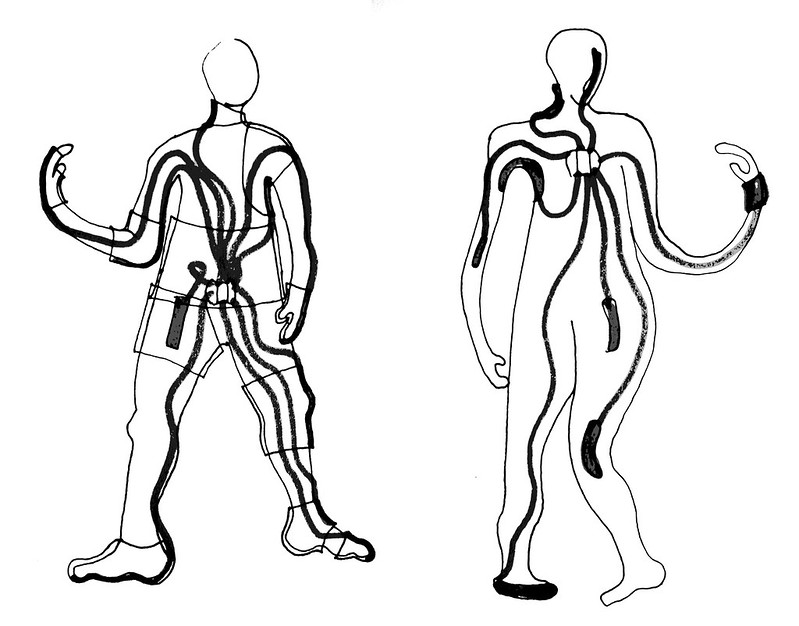 ]]>
]]> ]]>
]]>
 ]]>
]]>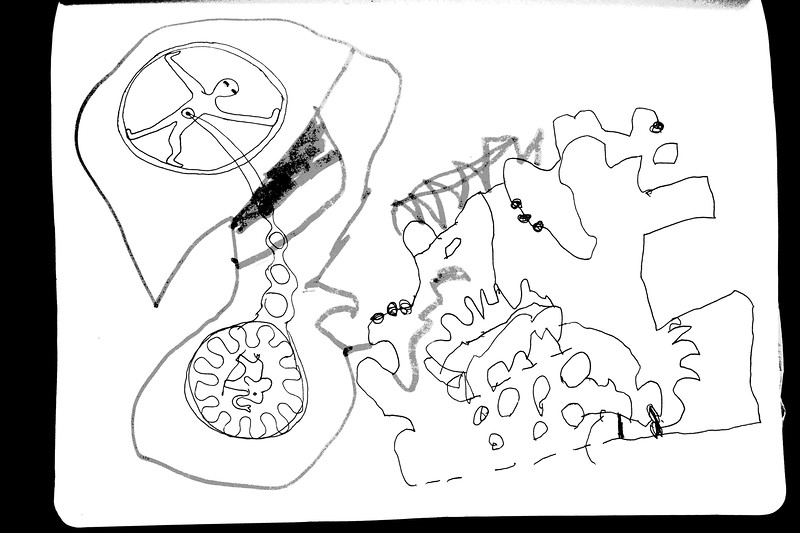 ]]>
]]> ]]>
]]>

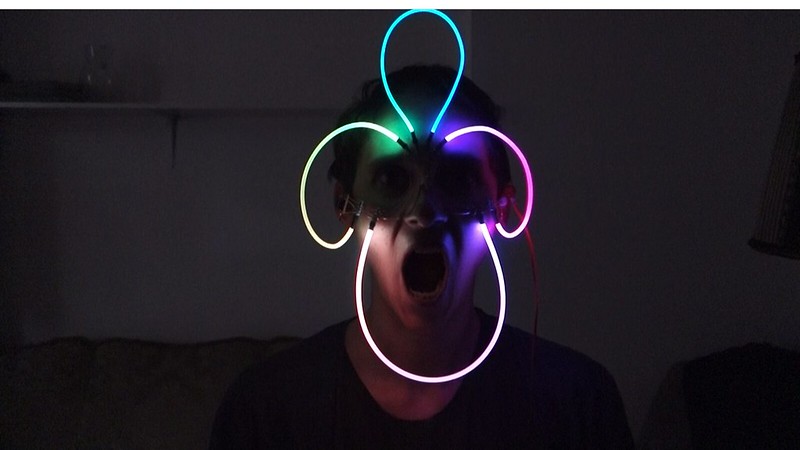 ]]>
]]>




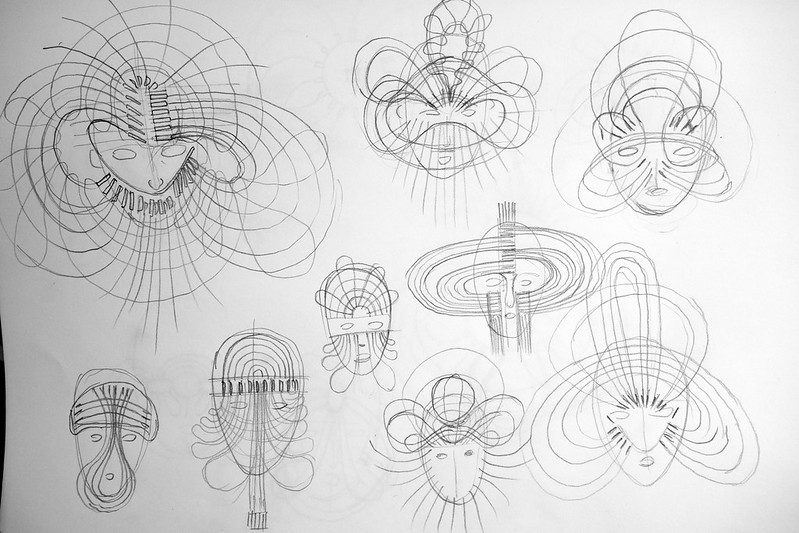
 ]]>
]]>











 ]]>
]]>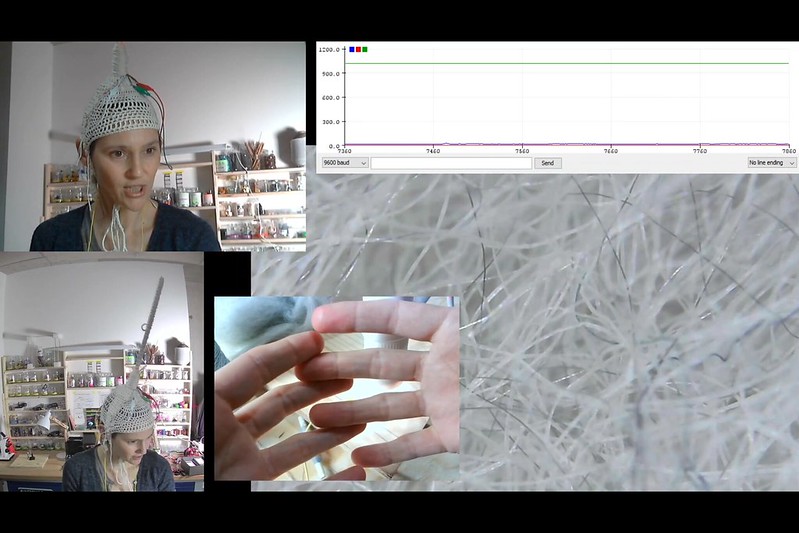
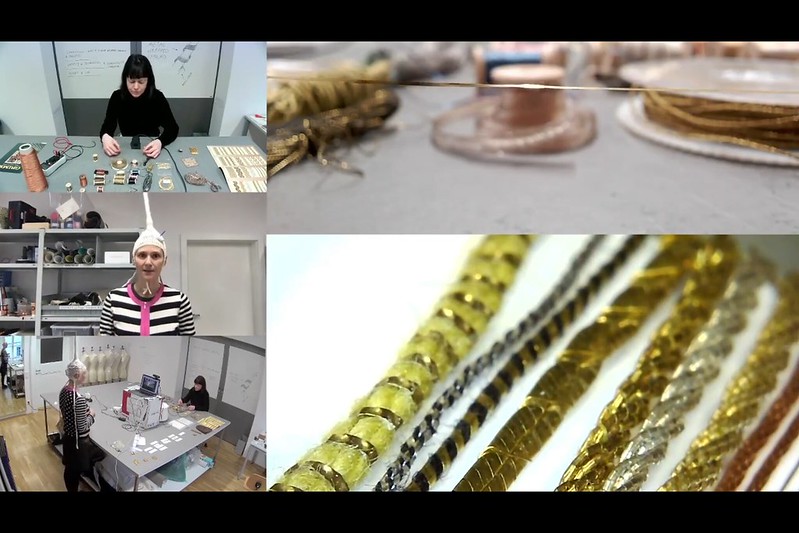
 ]]>
]]>
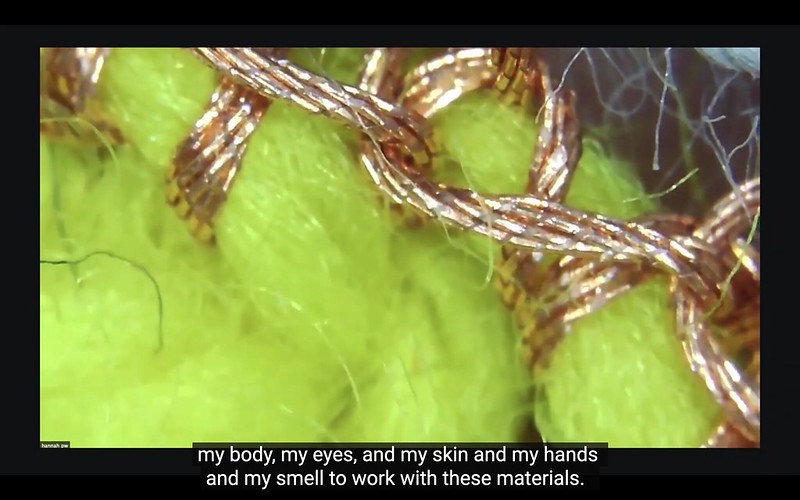

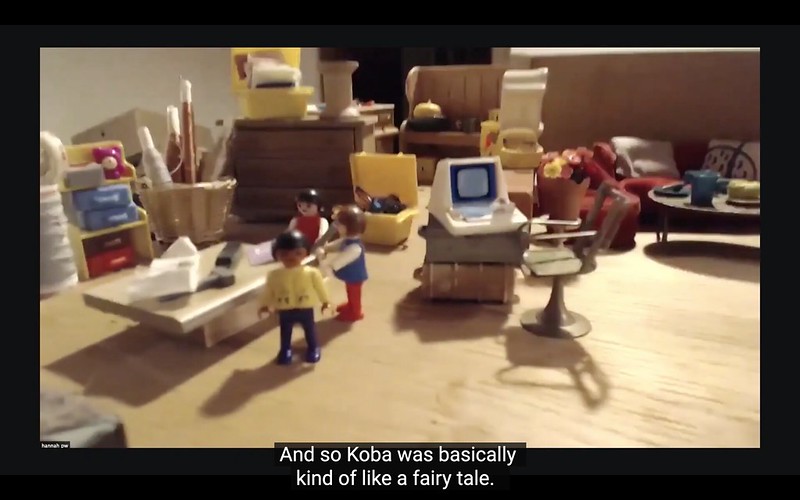


 ]]>
]]>


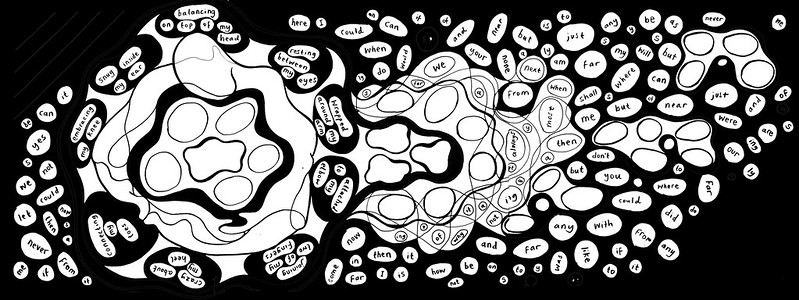

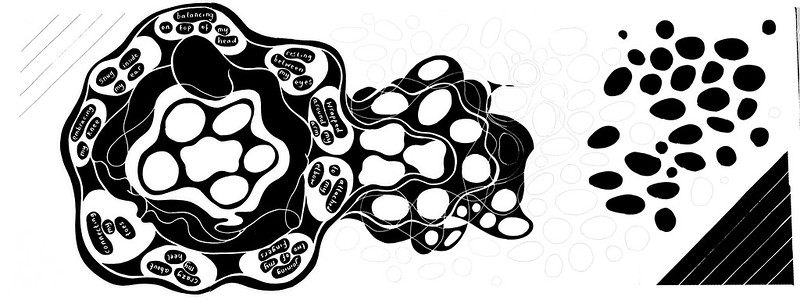
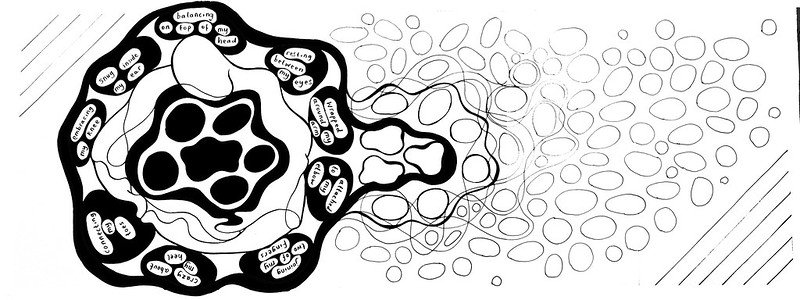

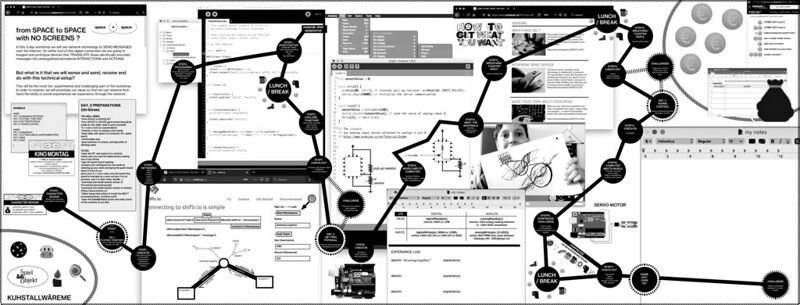 ]]>
]]>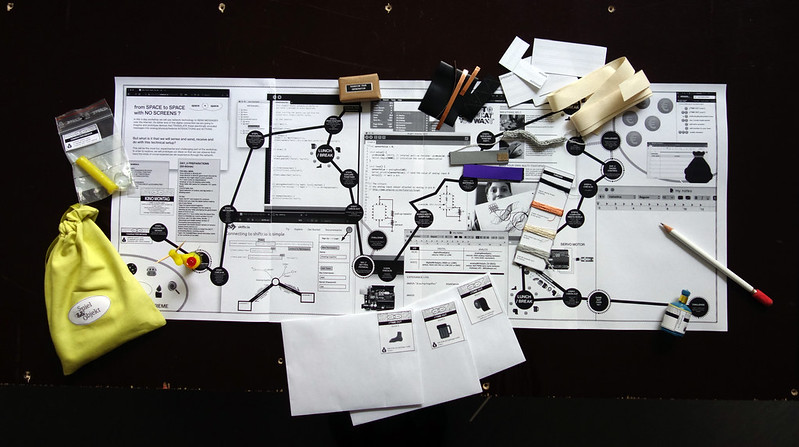
 ]]>
]]>
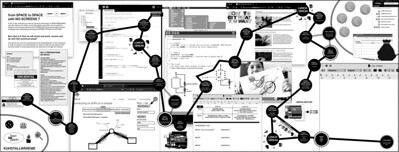





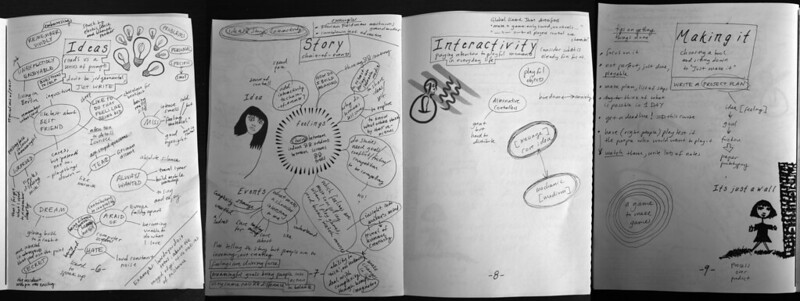



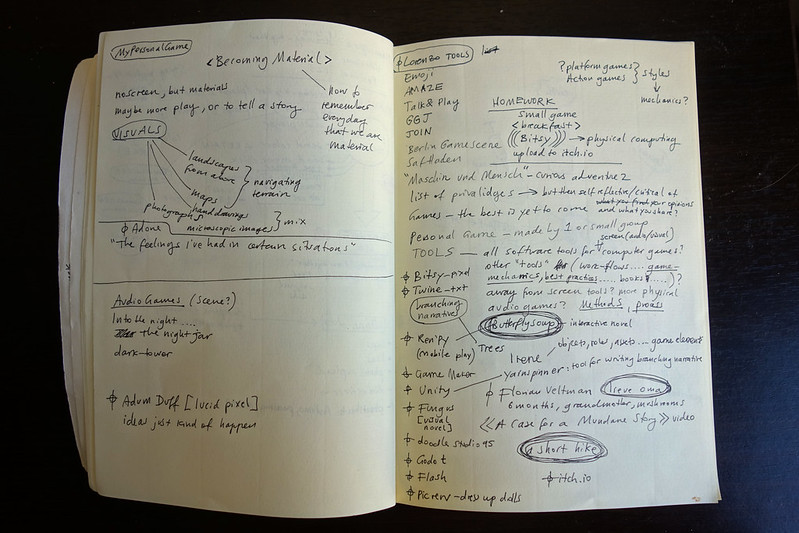
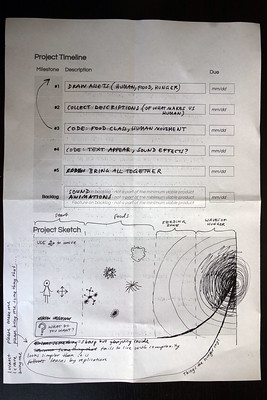




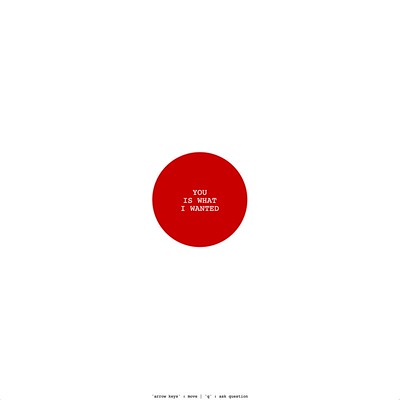







 ]]>
]]>






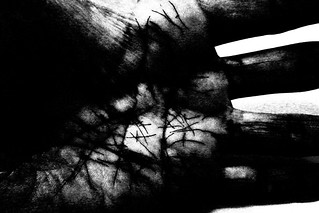





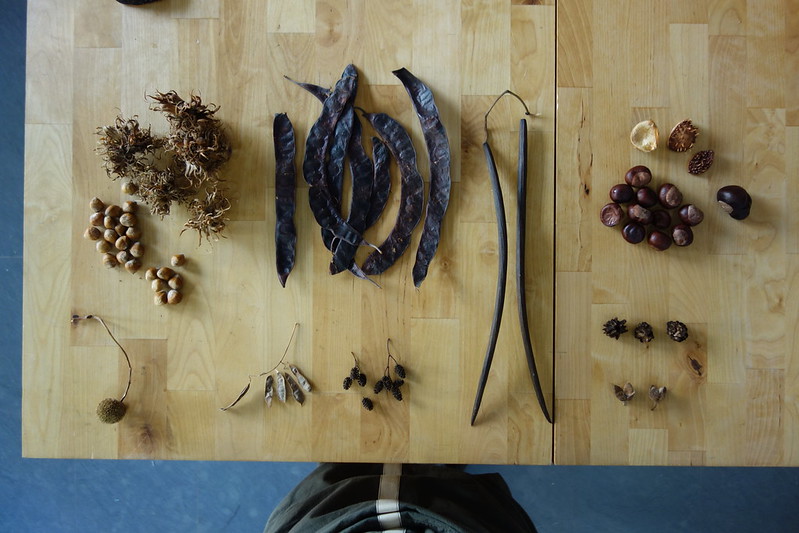
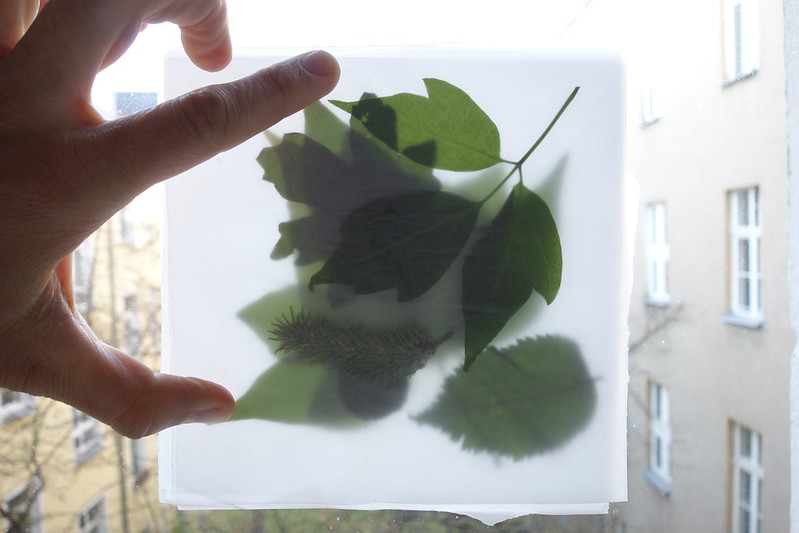


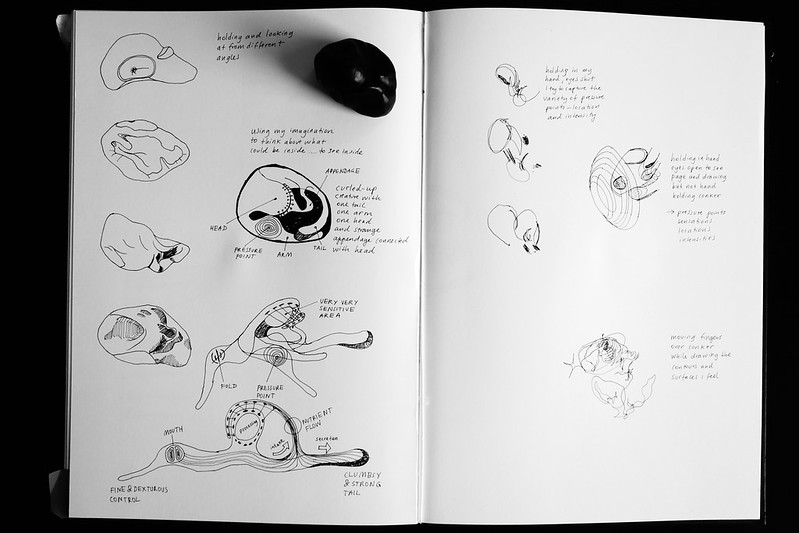

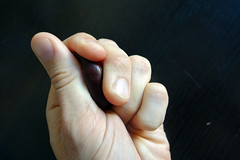





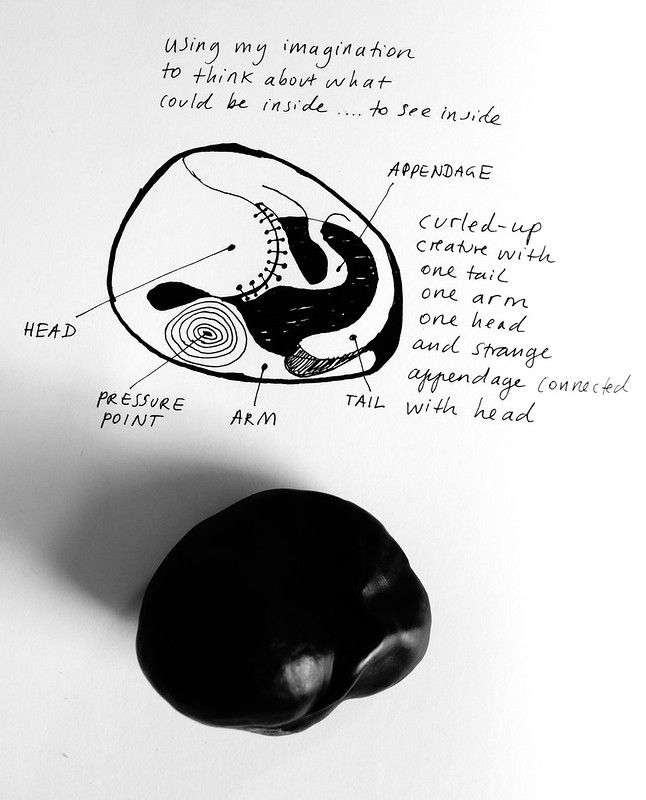

 ]]>
]]>
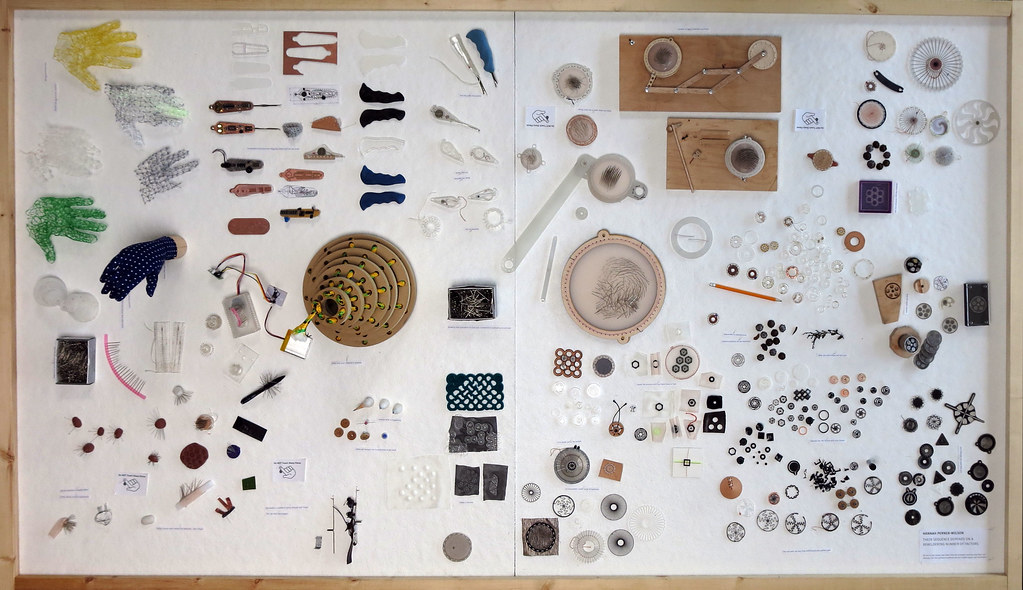


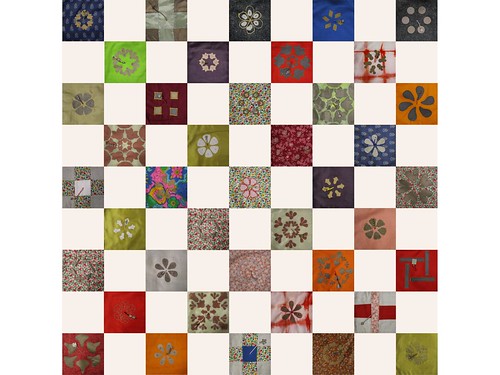
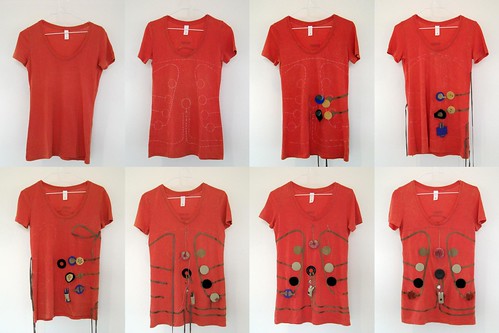
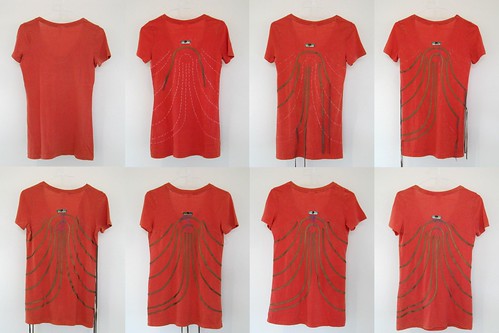
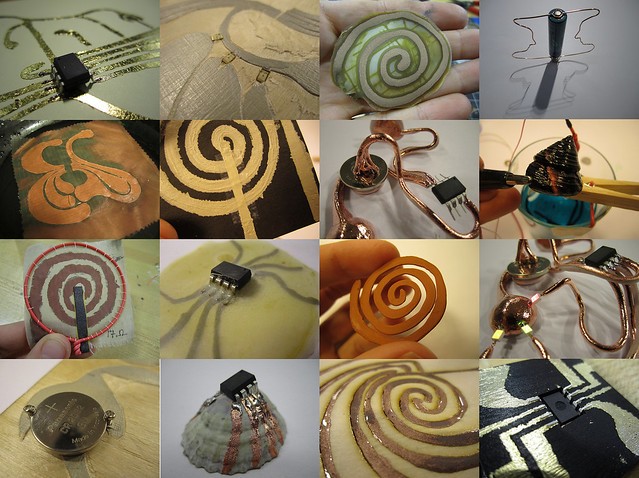
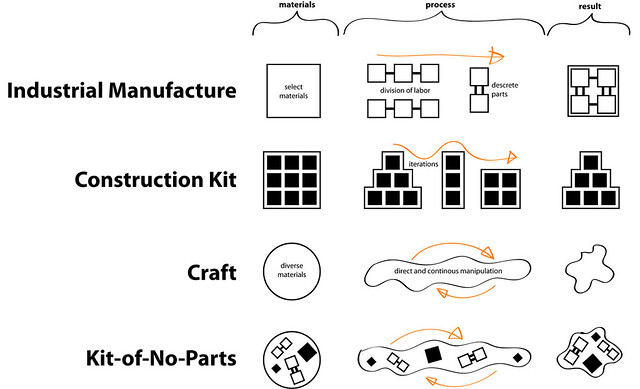
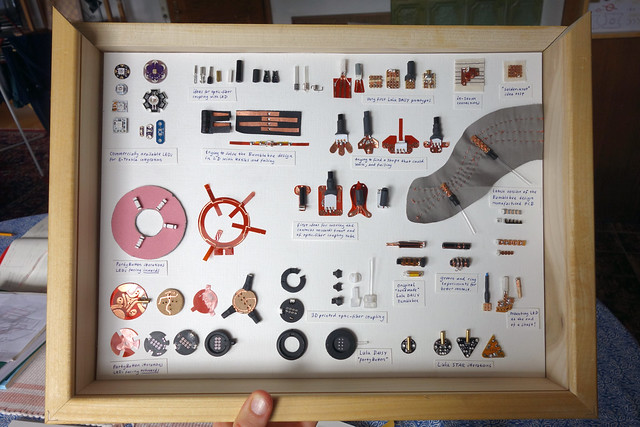
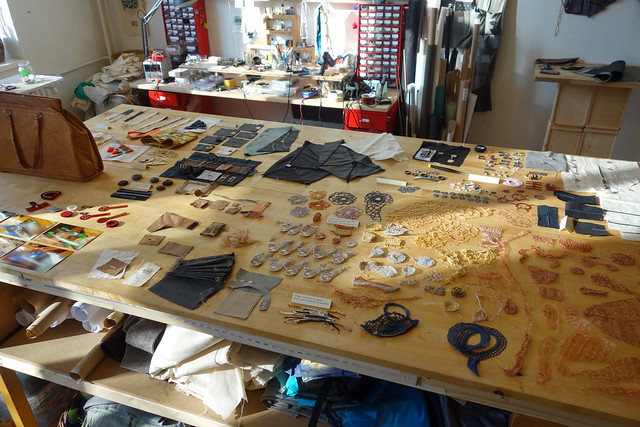
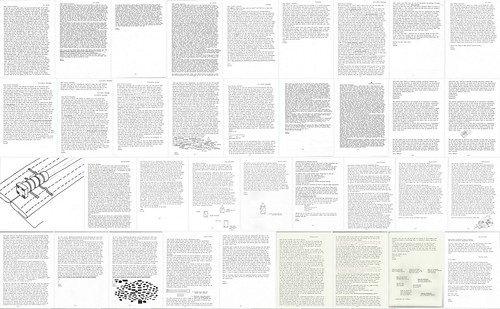
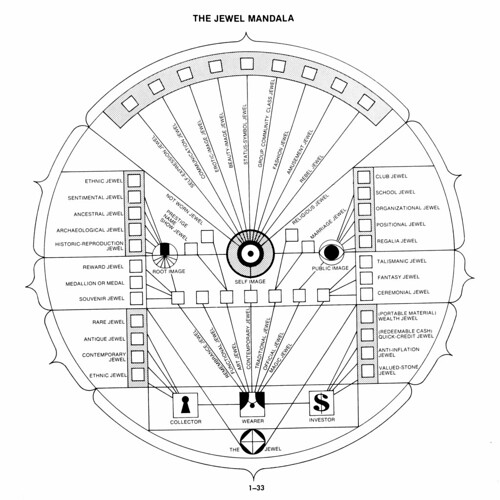
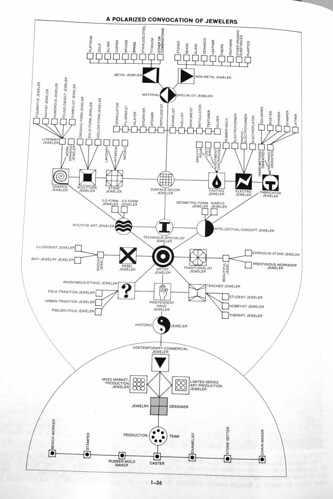
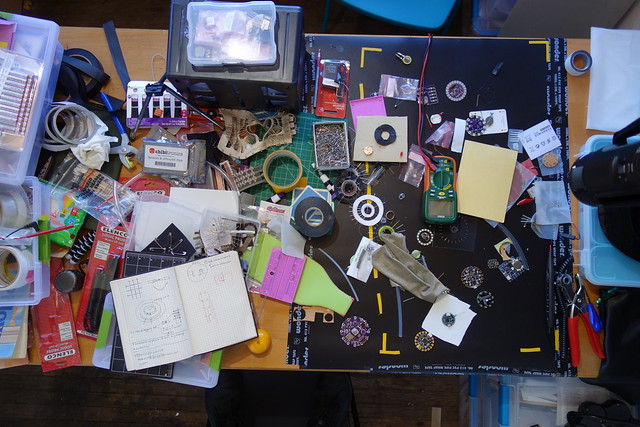
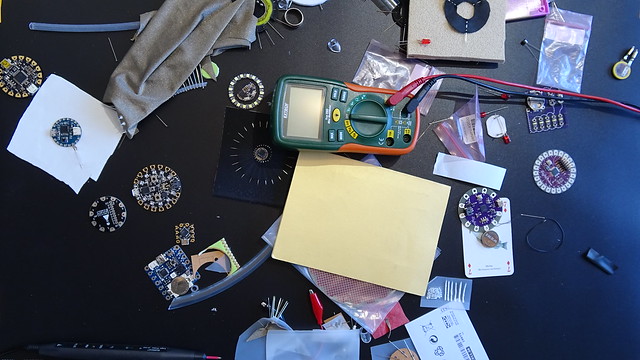
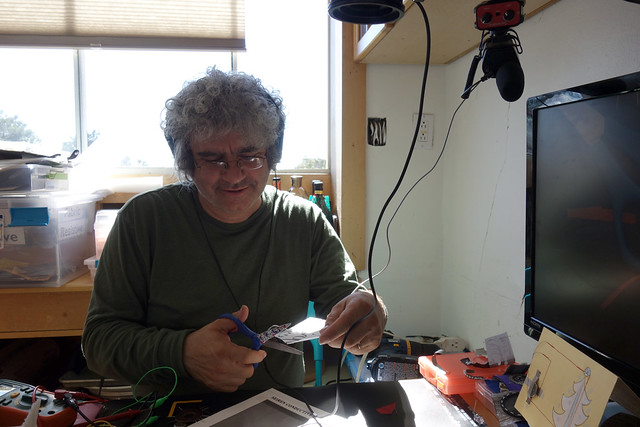
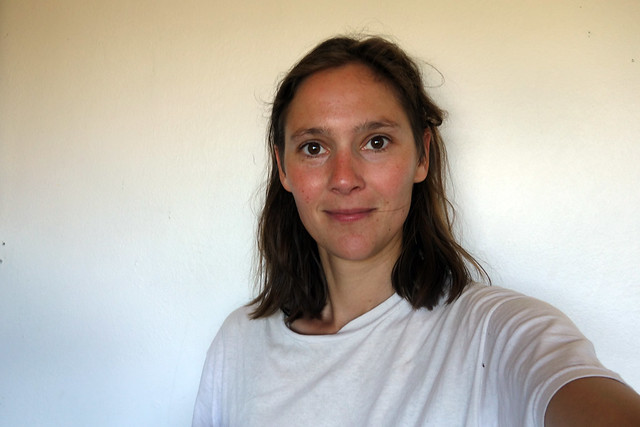

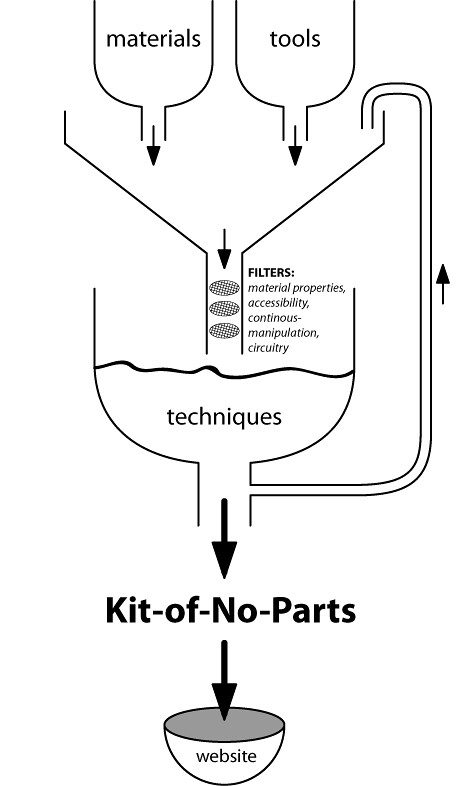
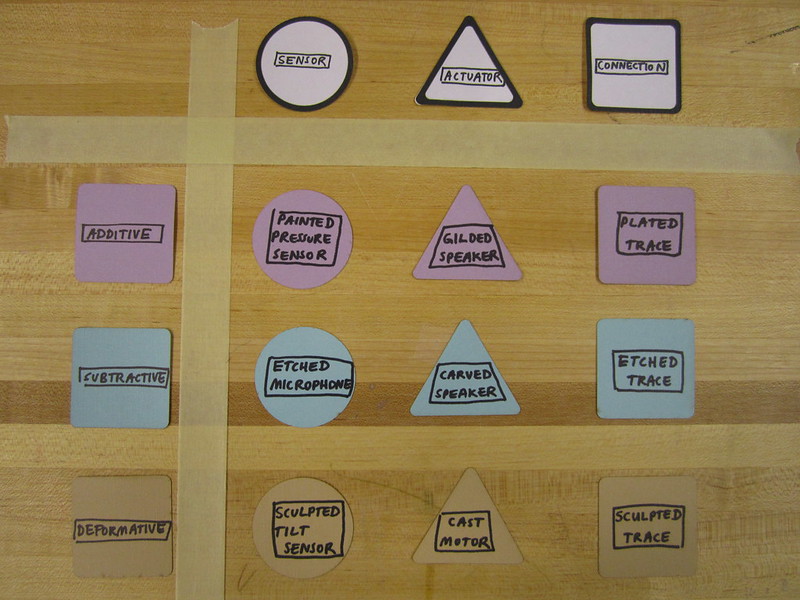

 ]]>
]]>







 ]]>
]]>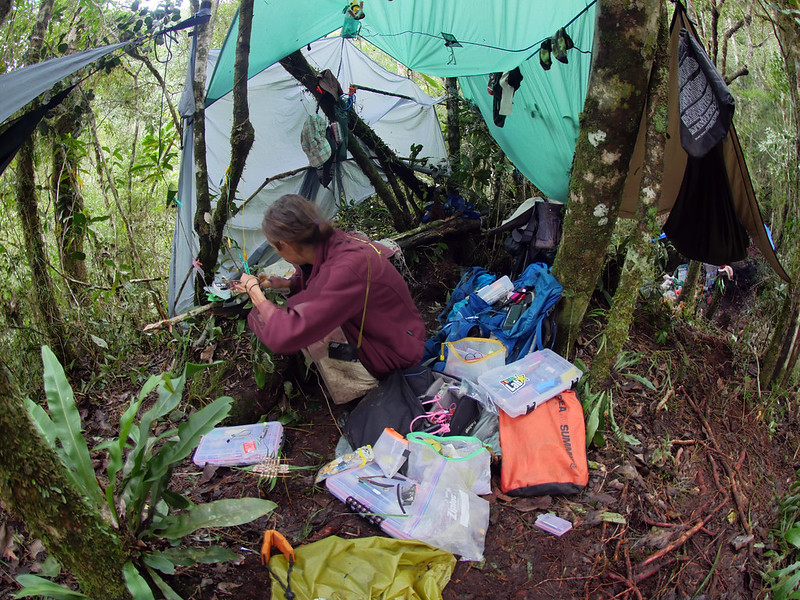
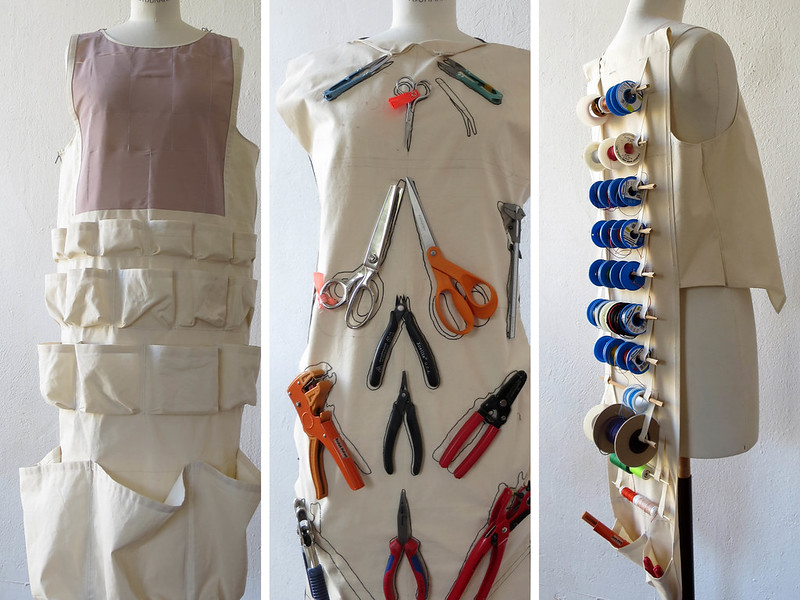
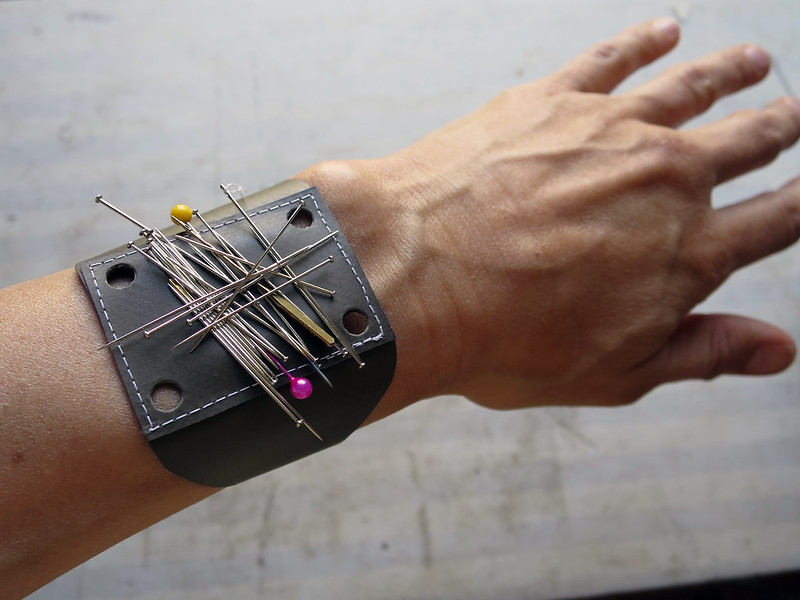
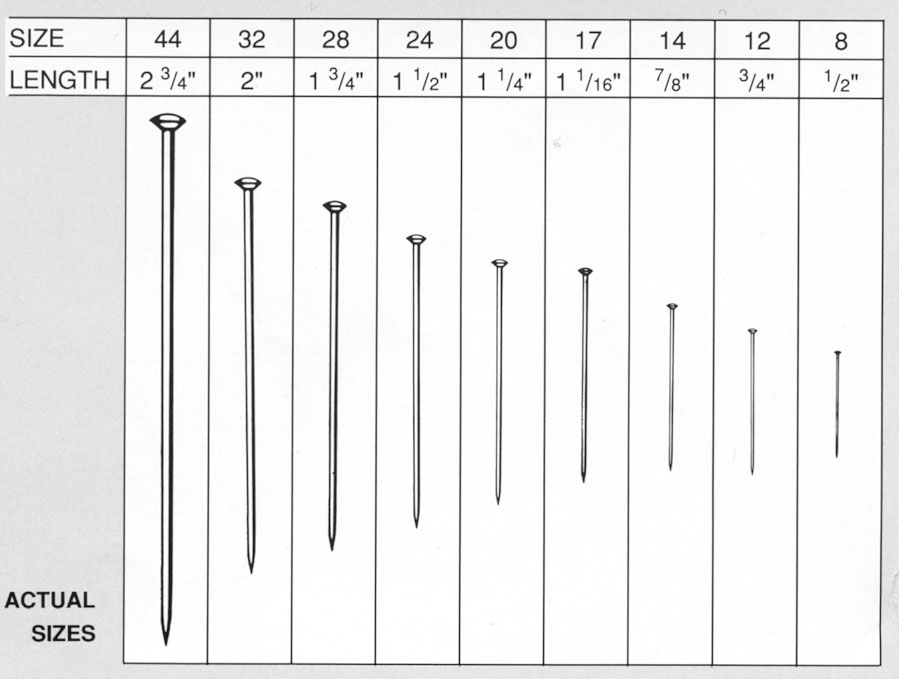
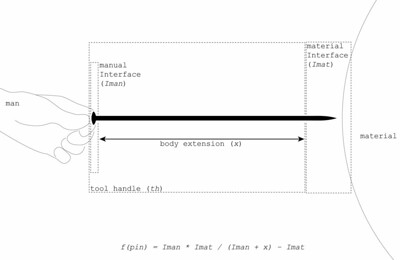
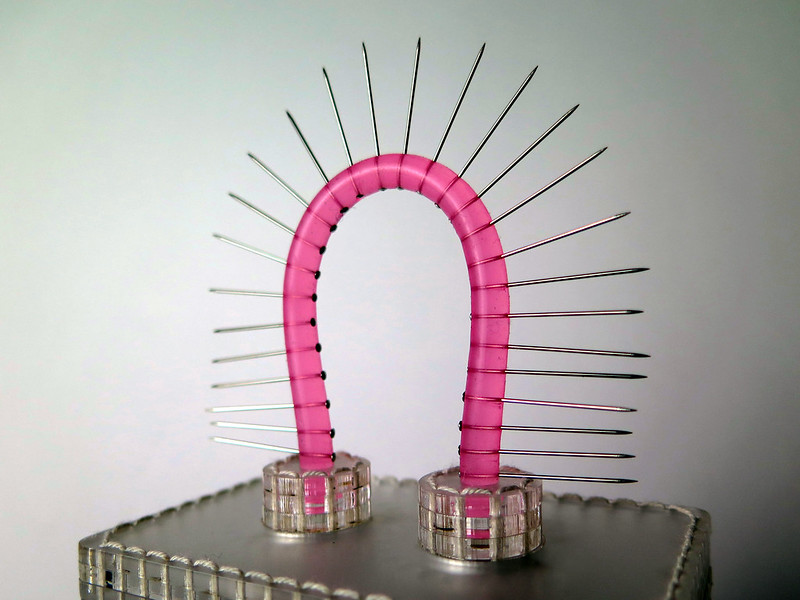
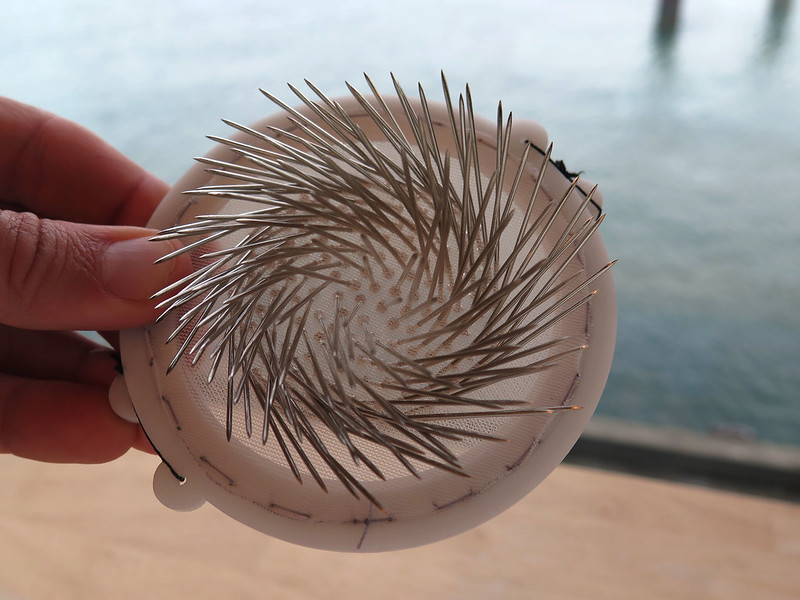


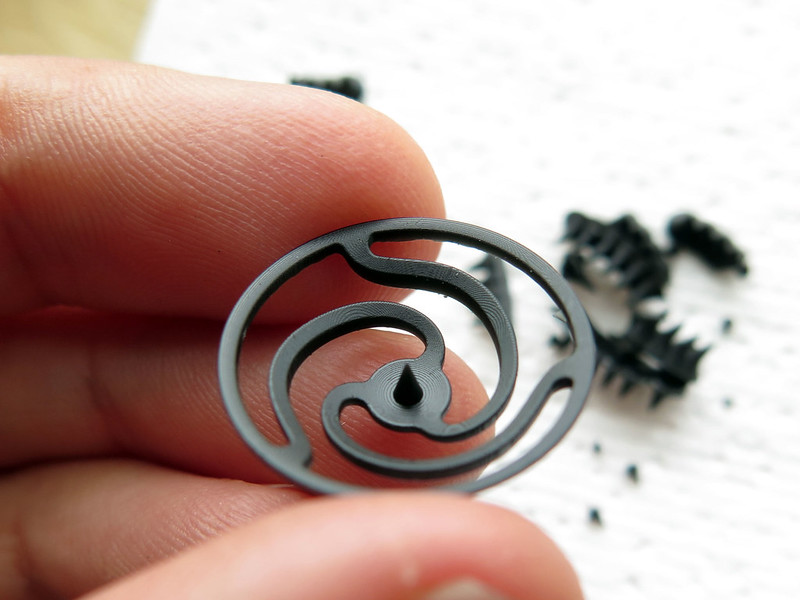




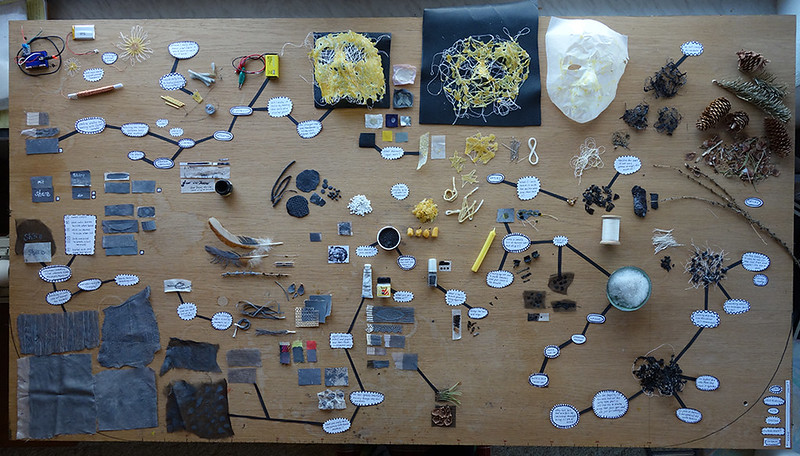



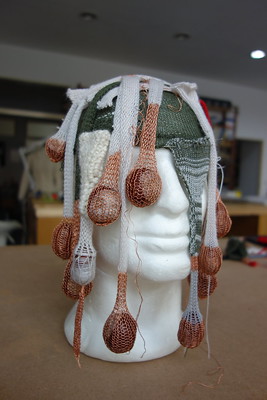

 ]]>
]]>

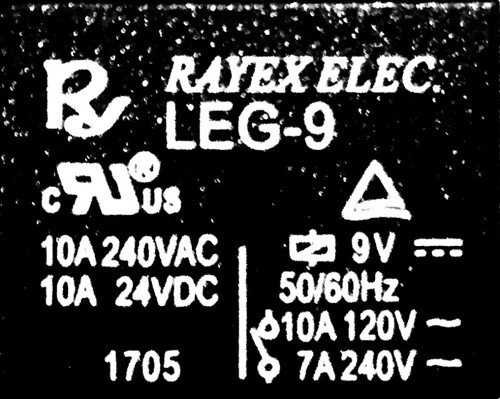
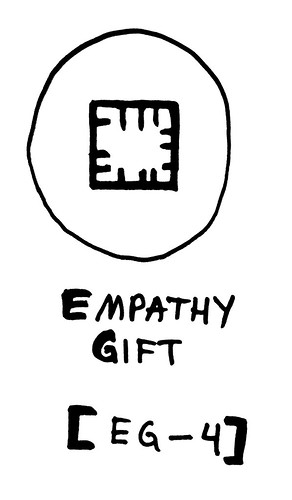




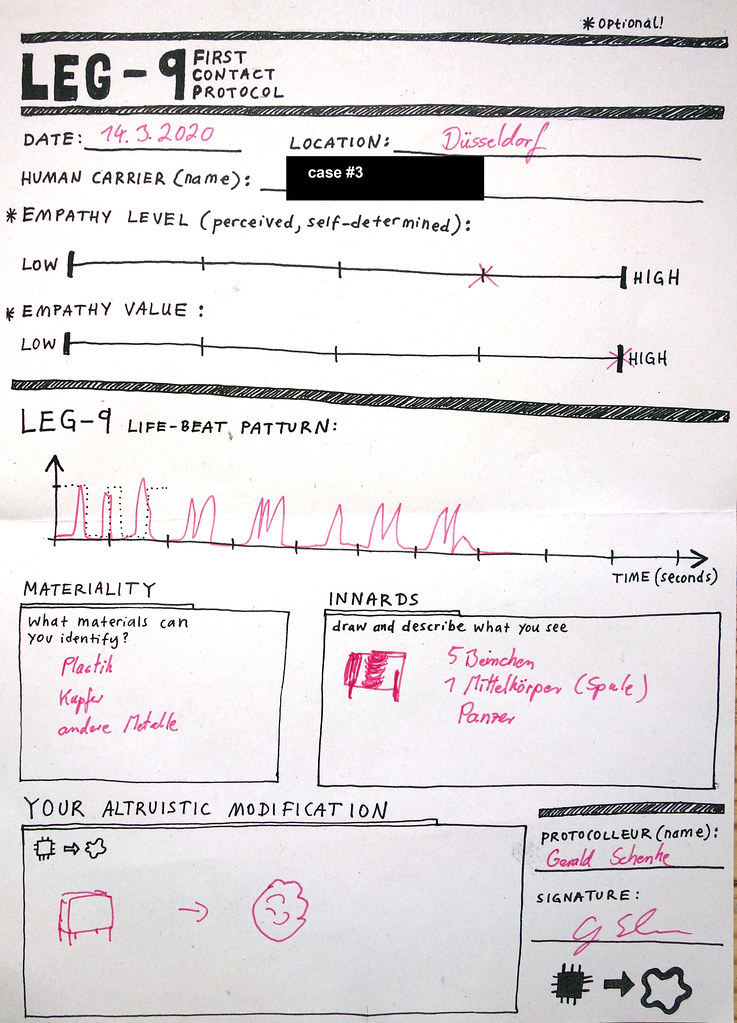

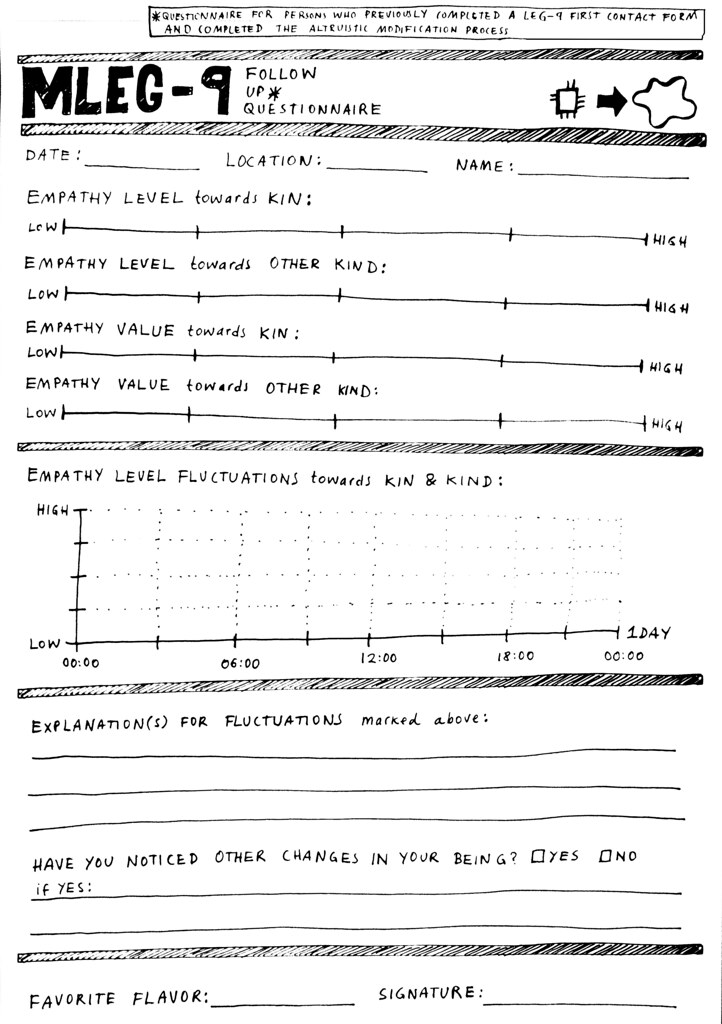




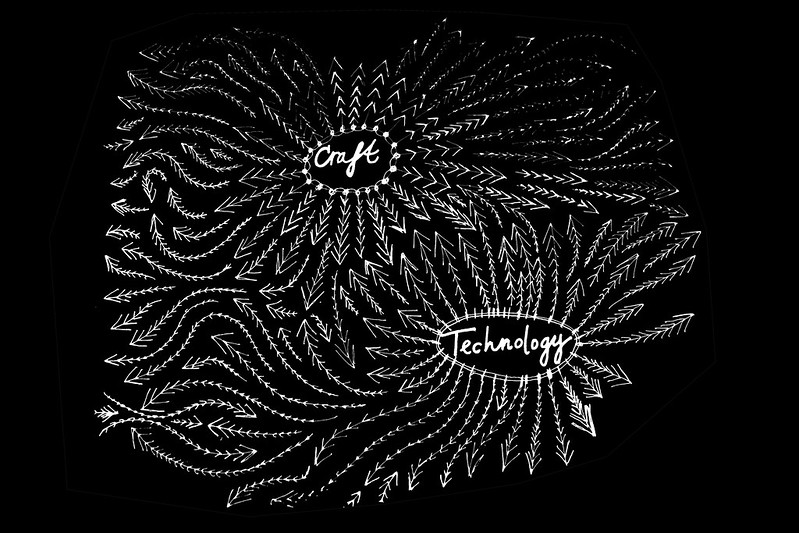 ]]>
]]>